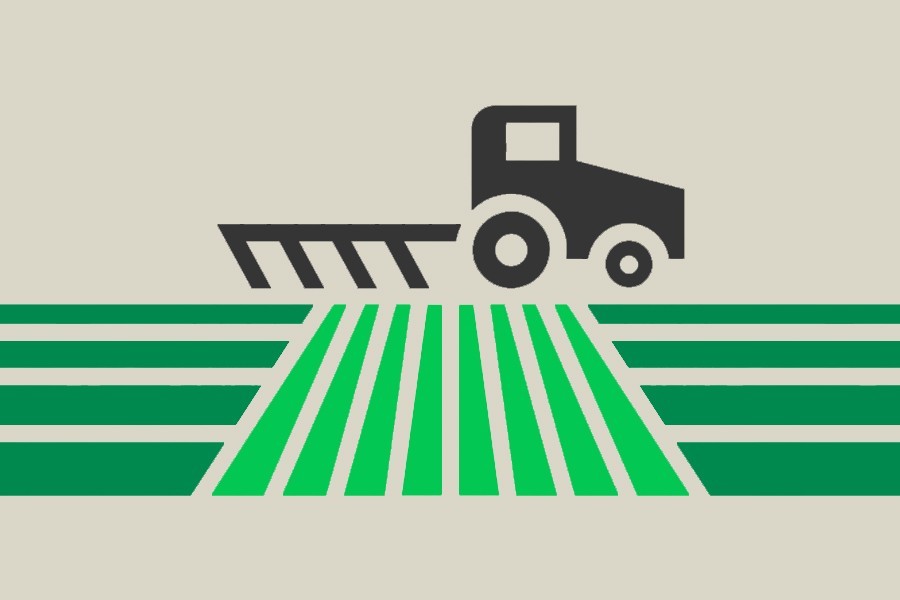
Published :
Updated :

A three-day workshop organised by the Bangladesh Agricultural Research Institute (BARI) that ended on Monday in Gazipur came out with a recommendation that necessitates follow-up and introspection. The "Research Review and Programme Formulation Workshop 2019" in its inaugural session recommended that disaster-tolerant high-yielding seed varieties backed by advanced technology should be adopted in agricultural farming. The high-profile workshop attended by the minister for agriculture among others also noted that scientific research had been behind knowledge that had boosted agricultural production in the country by up to six times. It was also mentioned that declining agricultural land for a growing population was an issue that has to be tackled only with the help of more research on and mechanisation of agriculture. The meeting gave the satisfying news that the private sector was always kept on board relating to the advancements in the BARI's innovations. It helps and enhances the growth of a vibrant industry in the agricultural machinery sector. Foreign entities have also stepped in, as was reported earlier.
It has always been mentioned by people having knowledge of the field that the key issue of declining land has no other solution than mechanisation. Indeed, the country's record over the years proves that farming practices have changed. What was once only manual labour in the fifties and sixties of the last century has now turned to mechanisation in over 95 per cent of agricultural work. Although preponderance of small holding sizes does not allow the use of bigger machines, like the combine harvester everywhere, power tillers and tractors have stepped in and changed the scene. Pesticide use has also been mechanised. Only threshers have comparatively less use. This could only happen because farmers have always had the reputation of being adaptable to changes and innovation. The interesting fact is that although the population grew, only declining hands were available for agriculture. It only pushed the farmers to opt for mechanisation. Besides, it is also less expensive. Estimates put that a combine harvester can do the work in 90 minutes what five manual labourers can do in seven to eight hours. Percentage wise, Bangladesh has surpassed even big neighbour India in agriculture in certain aspects of mechanisation, according to available statistics.
BARI's laudable achievements apart, the whole picture has changed because of the economics involved. The indomitable will and talent of farmers are indeed worth praise. They have known from practical experience that mechanisation is worth adapting to; it is not only less expensive but also more benefitting. They only needed help and stimulus, not coaching and spoon feeding. The issues of pesticides and fertilisers have also been mentioned in various publications and forums as being not always healthy and beneficial. These are issues that the environmentalists are aware of. High-yielding-seed is also another topic that drew attention because of various perceived effects they have on consumers. Organic farming has now been advocated for quite some time. It would be a great accomplishment for the BARI or similar such bodies to find innovations that do no harm to the future of the tilted land as also to the rivers and water bodies nearby and around them. Therefore, increasing agricultural output at minimum cost as also protecting the future for the coming generations should be the guideline. If the BARI can achieve further success in disaster-tolerant high-yielding seed varieties backed by advanced technology with an eye on the organic side of agriculture, nothing will be more praiseworthy than that. Having said that one must applaud the research institute for the achievements it has already accomplished for agricultural mechanisation in the country.


 For all latest news, follow The Financial Express Google News channel.
For all latest news, follow The Financial Express Google News channel.